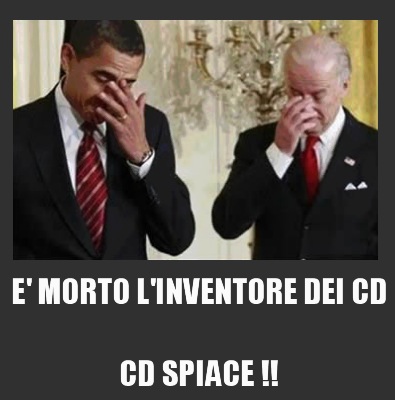Now It’s My Turn Posted by Geoff on Mar 30, 2016 in Culture
Last week Serena wrote a vocabulary blog about her cold, which it seemed that I’d escaped. But unfortunately, adesso tocca a me (now it’s my turn) … sniff sniff …
Well, if Serena can make a blog out of a common cold so can I! But I’m not going to whine about how bad I feel, I’m a big boy, and big boys don’t cry …. boo hoo hoo (blows nose loudly, scaring the cats in the process).
Now, let’s have a look at that idiomatic expression that I used above: tocca a me, what’s that all about?
The verb toccare normally means ‘to touch’, and for the most part its usage is very close to its English equivalent. But it does have a few idiomatic meanings, the most common of which is probably toccare a qualcuno, meaning ‘to be somebody’s turn’. You’ll often hear it, for example, when you’re in a group of people who are waiting to be served:
Shop assistant: A chi tocca? (whose turn is it?), customer: tocca a me (it’s my turn), or tocca a quel signore lì (it’s that gentleman’s turn).
Or perhaps at the bar with some friends: oggi tocca a me pagare, va bene? (today it’s my turn to pay, okay?), or, questa volta tocca a Luca pagare (this time it’s Luca’s turn to pay).
Toccare a can also mean ‘to be obliged/constrained to do something’:
L’inquilino se n’è andato dall’appartamento, e ha lasciato un bel casino. Adesso mi tocca sistemare tutto prima di poterlo affittare di nuovo! (the lodger has moved out of the apartment, and he’s left a real mess. Now I’m obliged to sort it all out before I can rent it again!).
Siccome il figlio non ha pagato la multa è toccato a sua mamma andare in comune e pensarci lei. (As the son didn’t pay the fine his mum was obliged to go to the council and sort it out herself).
There is another everyday situation in which the expression toccare is frequently heard: Le conte. These are the traditional counting rhymes used by children all over the world in order to decide whose turn it is to be ‘the one’, or to be ‘out’ before beginning a game.
Here’s a nice introduction to le conte in Italian:
Le conte sono filastrocche comunemente usate dai bambini per scegliere o escludere chi deve fare qualcosa in un gioco di gruppo. E poi non invecchiano mai, i bambini che le mantengono vive, le adattano, le trasformano, le stravolgono, ne inventano di nuove e le condividono. Le conte sono caratterizzate dal ritmo dato dalle parole ripetute, dalle rime e dagli accenti poetici. Il ritmo delle conte si può individuare meglio se, mentre le recitiamo, ci aiutiamo con il battito delle mani.
… and an example:
Olio, pepe, sale, per condire l’insalata
insalata non ce n’è,
a star fuori tocca a te.
Oil, pepper, salt, to dress the salad
there’s no salad
it’s your turn to be out
Tomorrow I’ll publish some more charming examples of conte, then you’ll be able to play together with all your little Italian friends in the park! 😉
A presto

Build vocabulary, practice pronunciation, and more with Transparent Language Online. Available anytime, anywhere, on any device.






Comments:
Elaine:
Molto interessante questo articolo e mi piacciono le barzellette! Spero che stia meglio fra poco
Rita Kostopoulos:
Questo si che mi piace.
Buene feste fatte.
Cordialmente
Rita
Lila Petitti:
Please, please provide the English translation of the jokes and cartoon captions. Many of us who are just learning Italian do not have the vocabulary or skills to translate! And we want in on the joke!!
Thank you.
Lila
Geoff:
@Lila Petitti Sarà fatto! I’ll give you the translations in tomorrow’s blog.
Saluti, Geoff
Louise Varrall:
Hi Geoff and Serena, I really enjoy your blogs, could we have one on how to ask for sizes in clothing, shoes, hats etc, how to say it’s too large/small etc.
eg “I take a size 38 shoe” or “do you have a size…..in this dress?”
Thanks
Geoff:
@Louise Varrall Ciao Louise, thanks for the suggestion, we’ll see what we can come up with. A presto, Geoff 🙂
Rita Kostopoulos:
Molti dei vostri BLOGS mi portano col pensiero alla mia infanzia in Italia.
Grazie mille per la vostra immaginazione e creativita’
Cordialmente,
Rita
Geoff:
@Rita Kostopoulos E grazie anche a te Rita. Saluti da Geoff 🙂